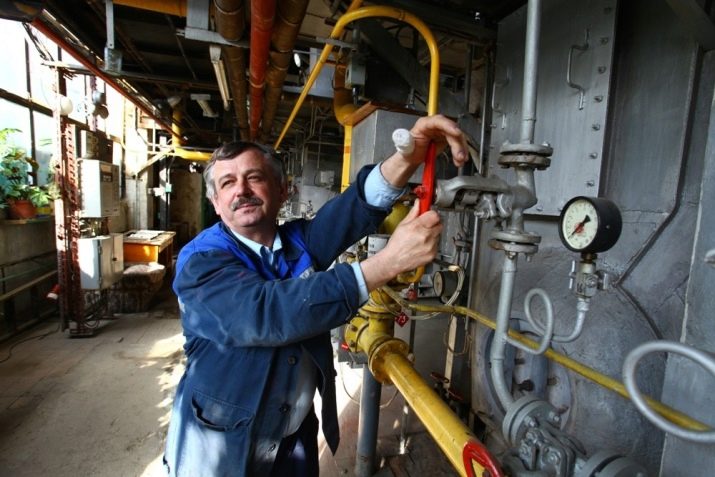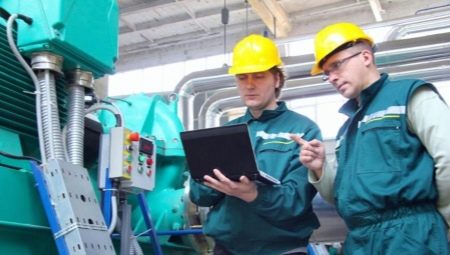Industrial refrigerators are complex technical systems. Their work is run by well-trained professionals. To connect yourself with this field, you must first find out all the features of the profession of a refrigeration engineer, the prospects of this specialist and other subtleties.
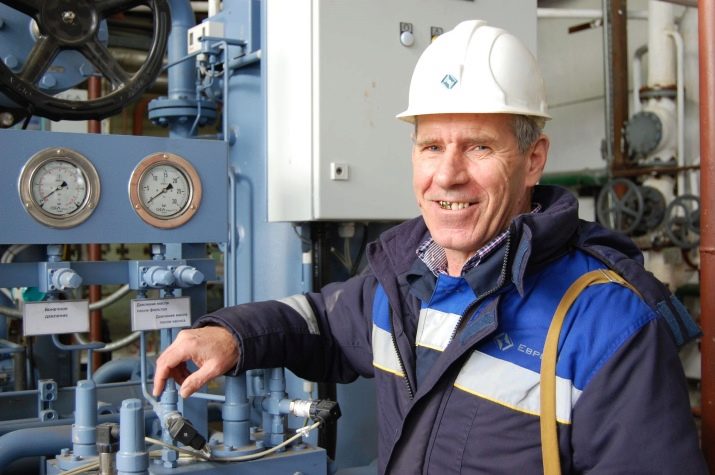
Description
It’s worth mentioning right away that the refrigeration engineer can work in a variety of industries. After all, “cold generators” are used in the food industry, and in pharmacology, and in warehouses, and in transport. A professional will have to monitor the health of all the main technical systems of an industrial refrigerator. If necessary, he corrects their work and eliminates the problems. Only adult people who have undergone special training and have the necessary approvals are admitted to the positions of refrigeration engine drivers.
The code for such a profession in OKKDTR is 14341. It involves working not only with the “main circuit” of an industrial refrigerator, but also with the following components:
- compressors;
- pumps;
- special capacitors;
- evaporators;
- pipelines;
- shutoff valves on pipelines;
- refrigerants.
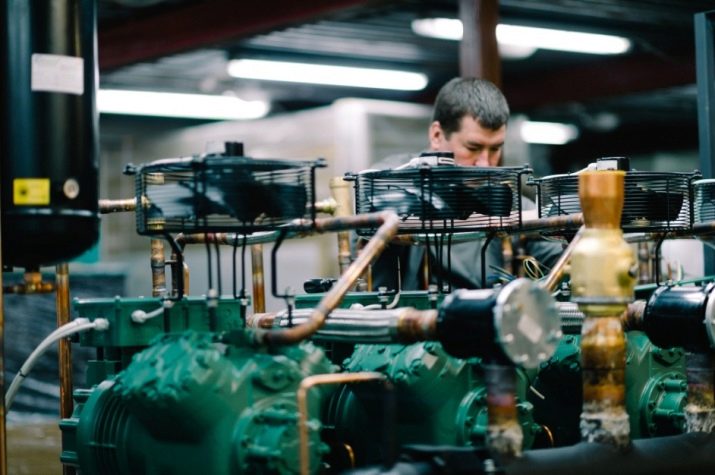
Since work technically complex and responsible, place in the profession will be found only by disciplined people who can make decisions quickly and have an excellent eye. They will have to concentrate on specific objects, but if necessary, switch it instantly. Finally, one must be prepared to act instantly even in the most difficult situation.In such a position, people with a technical or mathematical mentality who are able to maintain self-control always await.
There are a number of absolute medical restrictions for drivers of industrial refrigerators. These include problems with:
- heart;
- circulatory system;
- motor functions;
- breathing
- vision;
- hearing
- sense of smell and touch;
- central nervous system.
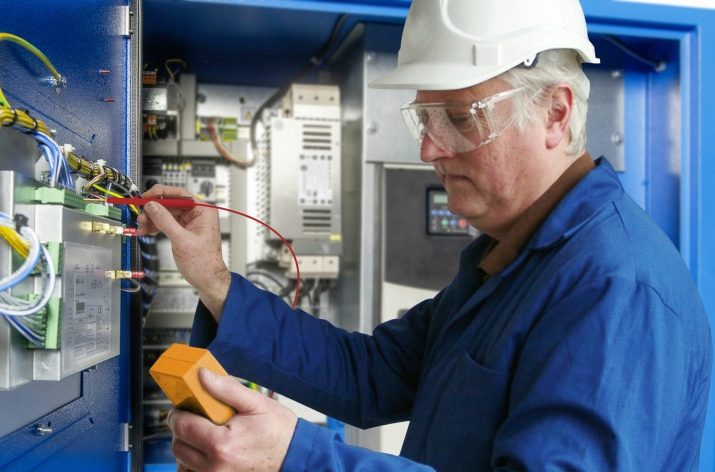
Job responsibilities
When characterizing the main responsibilities of refrigeration engine drivers, it is useful to build on ETKS requirements. According to this document, a specialist of the 2nd category serves various technological machines and installations for the production of ice. He must know perfectly:
- arrangement of compressors and pipelines;
- features of pumps and condensers;
- device diagrams and relative positioning of specific devices;
- nomenclature of refrigerants, their properties and limits of applicability;
- rules for the use of grease, technical fluids;
- varieties of components, spare parts and consumables.
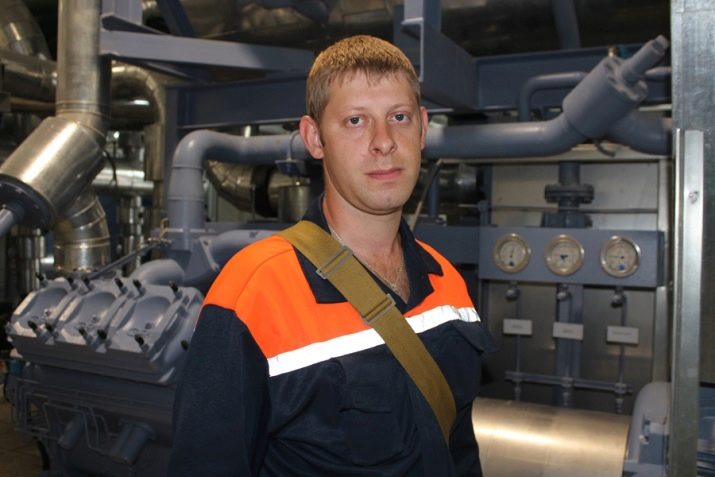
More serious requirements are imposed on 3rd-level drivers. They will already have to service plants with increased cold productivity. They will have to independently choose the optimal mode of functioning of refrigerators and ice makers. When choosing such a regime, it will be necessary to find the optimal balance between energy saving, productivity, ease of management. Another 3rd category means that the specialist:
- he accepts the equipment from repair and then puts it back into operation;
- conducts technical audits;
- compiles defective statements for subsequent repair requests;
- takes indicator charts;
- keeps logs on the operation of the installation and on the consumption of current and other resources.
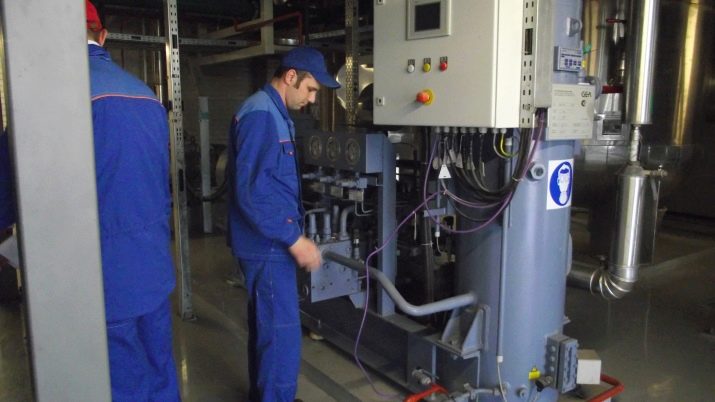
At this level, one can no longer do without understanding the essence of the design of the refrigerator and without understanding how the general laws of physics work in it. You will also need to figure out what are the features of specific modifications of refrigeration equipment. But it’s also useful to see what requires professional standard from a representative of this profession. This document contains responsibilities such as:
- diagnostics for sudden equipment failures;
- speedy restoration of its performance;
- maintenance and minor repairs;
- preventive maintenance;
- passing briefings on safety and electrical safety in the manner prescribed by law;
- the study of all design, working and reporting documentation, instructions and technical passports, orders of the organization’s management;
- acquaintance with state standards and technical conditions for the operation of refrigeration equipment, related processes, handling refrigerated substances and their containers;
- preparation of consumables for refueling cold pipelines;
- commissioning when changing equipment or when returning to the place of repaired refrigeration units.
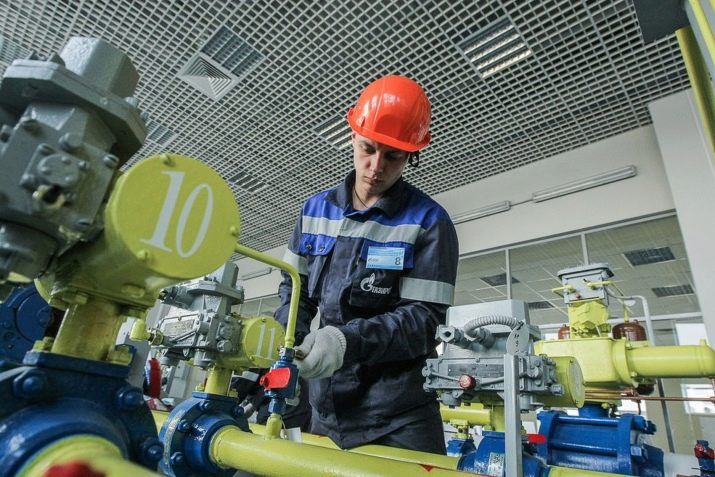
And another important document - job description of a specialist in refrigeration units. There are usually prescribed such moments as:
- control of the work of less skilled drivers;
- providing them with practical assistance in difficult cases;
- responsibility for violation of safety regulations, fire safety standards;
- responsibility for causing material damage to the organization;
- responsibility for failure to perform official duties, for the disclosure of trade secrets;
- responsibility for violations of civil, administrative and criminal laws.
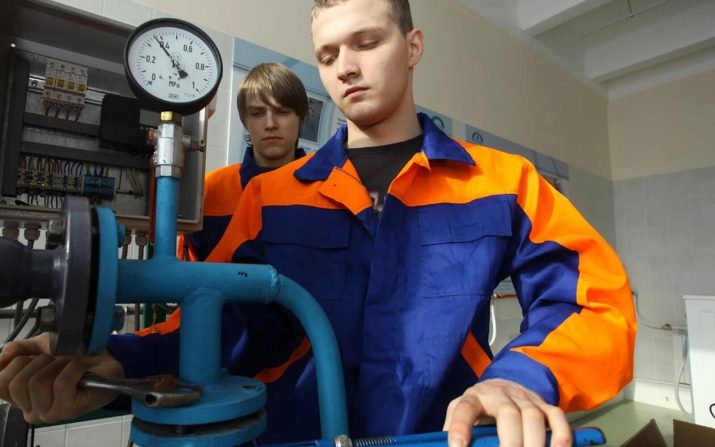
Where to learn a profession?
Vocational training of refrigeration engine drivers is mainly held at colleges and other secondary special educational institutions. Apparently, they can offer very good training in Polytechnic College at Peter the Great St. Petersburg University. But you can do College of Fisheries at Kaliningrad Technical Universitywho also works in the northern capital. It will be more convenient for residents of Moscow to submit documents to the local college of technology. Compete with him food college number 33 and educational complex named after Talalikhin.
As an alternative, you can consider:
- Department of Secondary Education at Kazan National Research University;
- Polytechnic College in the same Kazan;
- Samara Construction and Energy College;
- Omsk College of Meat and Dairy Industry;
- College at the Krasnodar Cooperative Institute;
- two colleges in Vladivostok (marine technological and marine fisheries);
- College of Industrial Technology in Ufa.
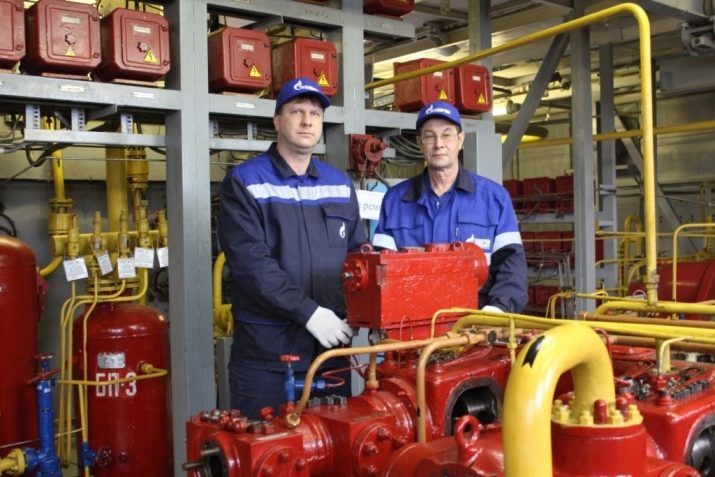
The salary
The average income in Russia for a representative of this profession is 59,000 rubles. The minimum bid differs not so much - about 41,000 rubles. But the maximum will be at the level of 200,000 rubles. But in order to receive such a salary it will be necessary to become a truly advanced specialist. And the region of work, of course, will greatly affect.
It is curious that the highest average salary is not in Moscow, but in Krasnoyarsk - 78,000 rubles. Ufa is in second place - 71 thousand, and Samara and Vladivostok share the third line of the rating with 70 thousand. In Moscow, they pay 62,000, and the minimum average rate among megacities - 53,000 - was found in Novosibirsk and Volgograd. Perm, Nizhny Novgorod, Rostov-on-Don, Yekaterinburg and Omsk are ahead of the Russian capital.
You will have to look for work in the following industries:
- at meat processing enterprises;
- in transport companies (using refrigerated transport);
- in retail chains;
- in warehouse companies;
- in dairy companies;
- in agricultural holdings;
- in organizations working with refrigeration equipment.
